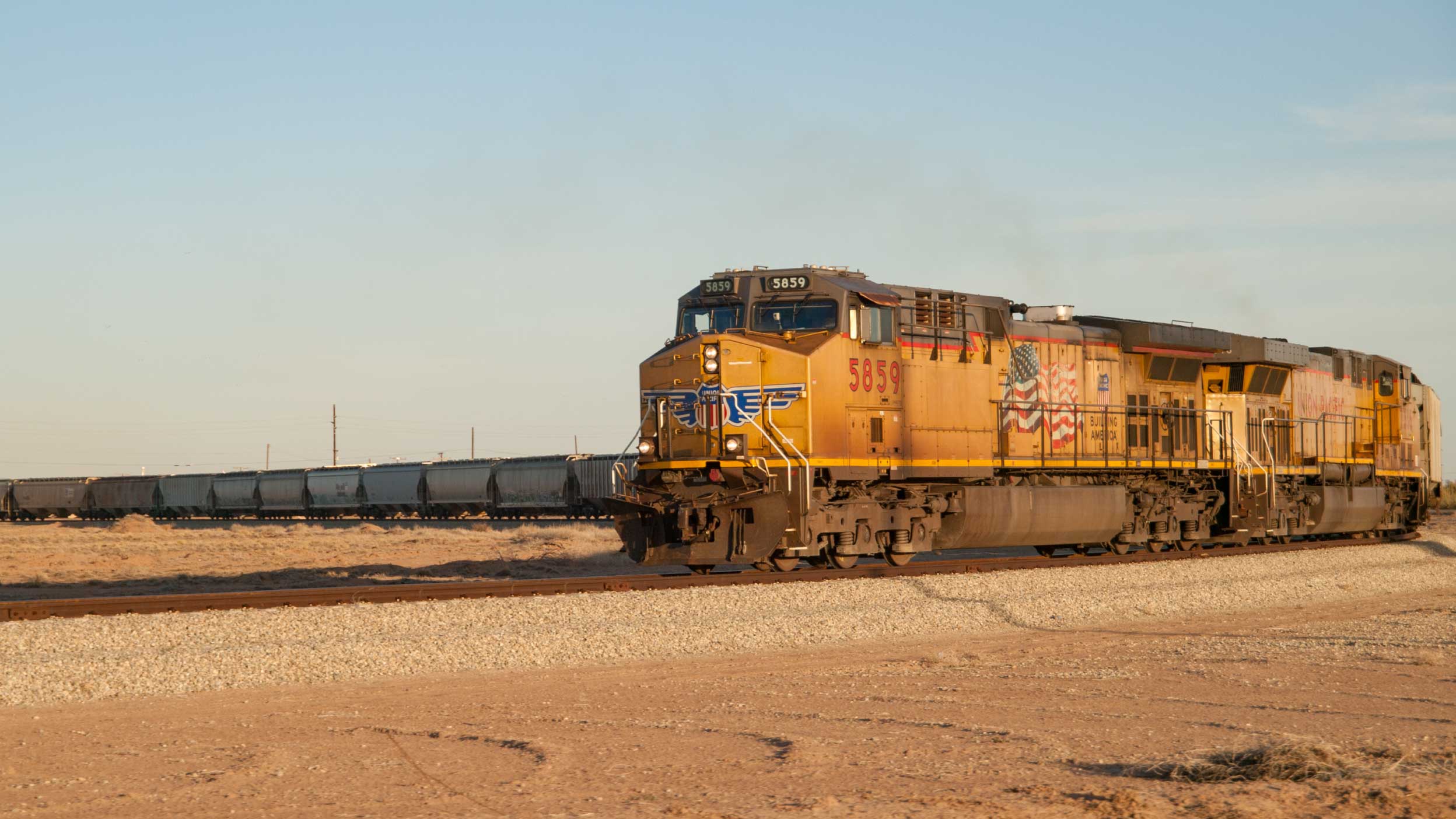The consensus among investors at the start of 2024 was that the year might bring six cuts in interest rates. It was then widely assumed there would be just two. Now the expectation is that there will just be one – but even that’s under debate.
The lesson: predicting macroeconomic events can be like shifting sands. Investors who try to anticipate which businesses, industries and sectors might gain from the pronouncements of the US Federal Reserve are likely to lose plenty of sleep – and possibly more besides.
Not least in the face of continued uncertainty, we believe its more sensible to focus on stocks that are capable of thriving throughout economic cycles. Companies with higher profit margins, strong cashflows and genuine pricing power tend to fit the bill.
Take Union Pacific Railroad, one of the stocks held within Invesco Global Equity Income Trust. As the second-largest rail company in the US, it has an excellent record of maintaining solid performance in spite of the ups and downs of the broader economy.
Union Pacific connects 23 states in the west of the US and operates transportation services from all major West Coast and Gulf Coast ports to eastern gateways. It also has links with rail systems in Canada and Mexico. Overall, it has more than 32,000 miles of track.
All this translates into notably high barriers to entry. A would-be competitor would need to commit tens of billions of dollars from the outset, even supposing it could secure the necessary land, rights of way and regulatory approval.
Adding value through innovation
Yet Union Pacific’s enduring success is not rooted solely in the limited prospect of meaningful competition. Like any company, it has needed to adapt to a rapidly changing world – and it has done so in impressive style.
Its investment in technology has been particularly effective. Precision scheduling has streamlined operations, improved safety, lowered fuel costs, enabled the use of longer trains – the average Union Pacific train is more than 1.5 miles long – and reduced the business’s carbon footprint.
This illustrates how advances such as artificial intelligence (AI) can benefit non-tech stocks. The long-term efficiencies stemming from such opportunities mean the valuations of companies like Union Pacific could be more attractive than those of the AI revolution’s headline acts.
Dividend track record
The dividend is currently around 2.5% and the company has paid a dividend on its common stock for 124 consecutive years.
This sort of consistency lies in the fact that some products and services are always essential. With almost half of the country’s long-distance freight transported by rail, the US relies on businesses like Union Pacific to maintain the supply chains that are vital to the economy – and this is unlikely to change anytime soon, irrespective of the U.S. Federal Reserve’s next move.






